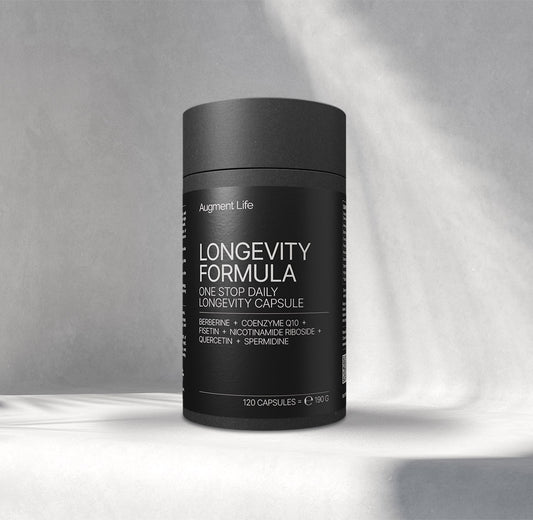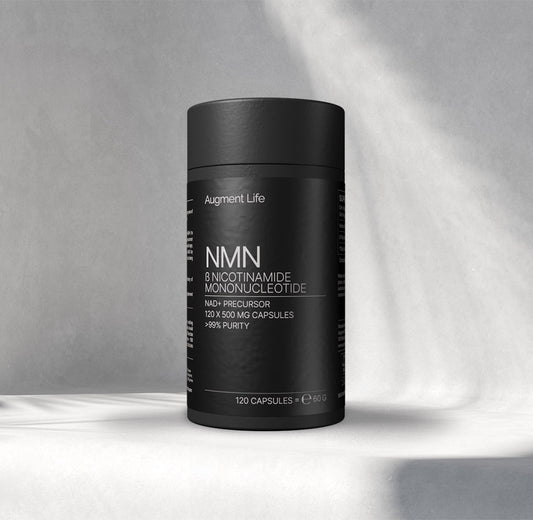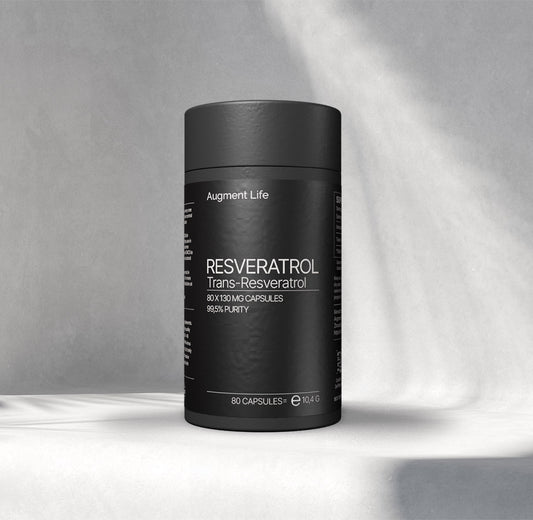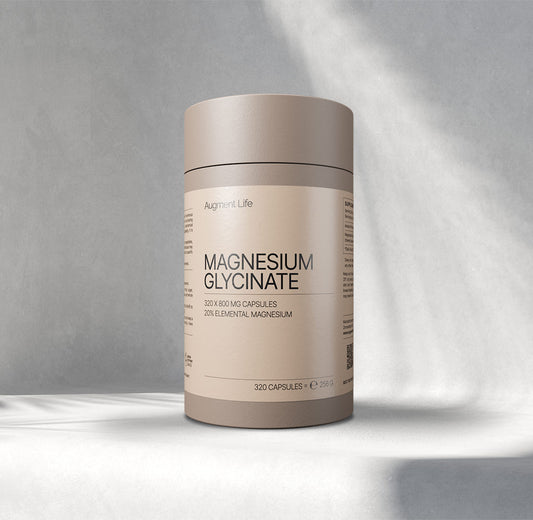Introduction
Nicotinamide mononucleotide (NMN) is a compound that's involved in cellular energy and making new cells. It's found naturally in your body, but levels tend to decrease as you get older. Nicotinamide mononucleotide is an ideal supplement for people with Type 2 diabetes, because NMN stimulates the body's production of insulin. It may slow or even reverse aging by activating autophagy—a process by which cells break down damaged structures and recycle components into new ones. It may also help reduce your risk of cardiovascular disease by lowering cholesterol levels while increasing HDL (good) cholesterol levels.
Nicotinamide mononucleotide is a compound that's involved in cellular energy and making new cells.
-
What is Nicotinamide mononucleotide?
Nicotinamide mononucleotide (NMN) is a compound that's involved in cellular energy and making new cells. NMN can be found in many foods, such as milk, egg yolks and fish; however, it can also be synthesized in the body.
Nicotinamide mononucleotide is an ideal supplement for people with Type 2 diabetes, because NMN stimulates the body's production of insulin.
NMN is an ideal supplement for people with Type 2 diabetes, because it stimulates the body's production of insulin and improves insulin sensitivity. That means it can lower blood sugar levels in people who already have diabetes and prevent diabetes in those at risk by improving their body’s ability to manage sugar metabolism.
In addition to its ability to improve insulin sensitivity and reduce blood sugar levels, NMN has also been shown to halt aging processes in mice by increasing NAD+ levels. This may be helpful not only for individuals with diabetes but also those who want to live longer, healthier lives.
It may slow or even reverse aging.
You may have heard of nicotinamide mononucleotide (NMN), a molecule that is being studied for its potential to slow or even reverse aging. NMN is a precursor to nicotinamide adenine dinucleotide (NAD), which is involved in energy production in cells.
Researchers are investigating whether supplementation with NMN might help prevent age-related decline in NAD levels, which could contribute to age-related diseases such as cancer, Alzheimer’s disease, Parkinson’s disease and cardiovascular disease.
NMN may help reduce your risk of cardiovascular disease.
NMN may help reduce your risk of cardiovascular disease.
In one study, mice that received NMN had lower blood pressure and improved blood flow. They also had lower levels of LDL cholesterol, which is a major risk factor for heart attacks and strokes.
NMN can enhance the muscles' ability to use oxygen. That could make working out more effective, and may be an aid in athletic performance.
The most obvious benefit of NMN is that it helps muscles use oxygen more efficiently, so that you can get through your workouts with less effort. As Dr. Sinclair puts it, “it's like taking the air filter out of your car, but still expecting to drive at the same speed."
If this is true, athletes would be able to train longer and harder without hitting their limits—meaning better performance on the field or in training. Not only that, but NMN also seems to help muscles recover from exercise; perhaps even more than protein supplements do!
NMN helps prevent weight gain.
-
NMN helps prevent weight gain by reducing fat mass. In one study, mice that had been given NMN were better able to break down fat and burn it as fuel than a control group, who were not on any supplements.
-
It increases the body's ability to break down fat.
-
It prevents the accumulation of fat in the liver—an indicator of metabolic syndrome, a condition that can lead to type 2 diabetes, heart disease and stroke.
-
It helps control blood sugar levels.
NMN shows promise as a supplement that could improve health and reduce the effects of aging.
NMN is a compound that’s involved in cellular energy and making new cells. It's an ideal supplement for people with Type 2 diabetes, because NMN stimulates the body's production of insulin. And if you're wondering about its benefits for aging, it seems that NMN may slow or even reverse aging.
The research on this supplement is still young (and quite preliminary), so don't go throwing away your anti-aging creams just yet—but it looks like there may be something to this stuff after all!
Conclusion
If you take NMN, it's important to remember that it's still a supplement. It doesn't replace all of the nutrients found in regular foods. And like any supplement, it may not work for everyone. But if you do try it, be sure to talk with your doctor first. He or she will let you know about any possible interactions with other medications or supplements that might affect your health negatively.












1 comment
I’ve eaten NMN and Resveratrol since my hip replacement. Now, three months later I am working out in the same manner as before the surgery. As well, I have stopped going up in the middle of the night to pee and foremost of all I do not have to eat my blood pressure medicine any longer, my blood pressure is back to 95/60 range💪💪💪